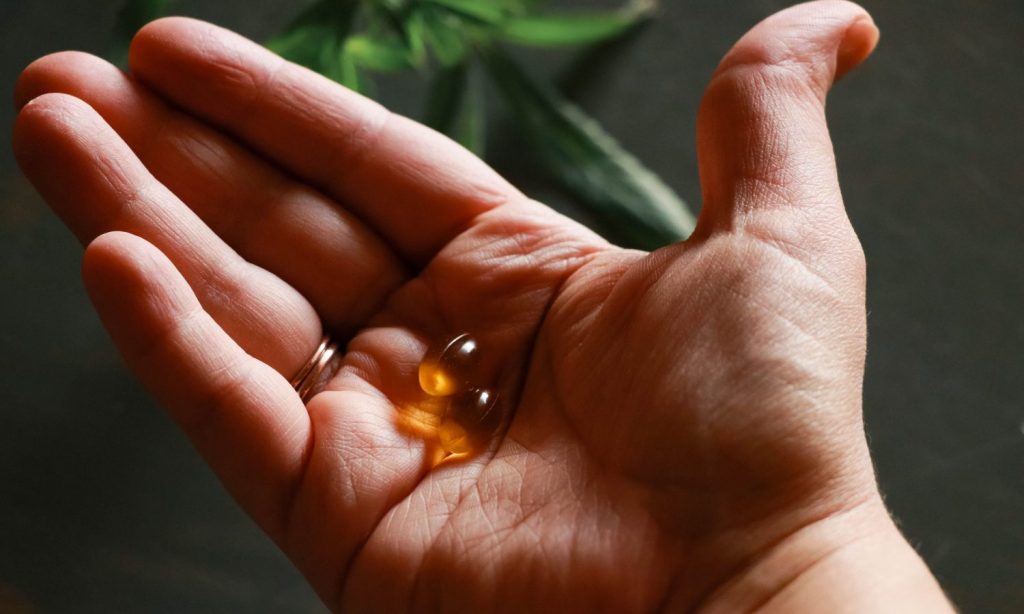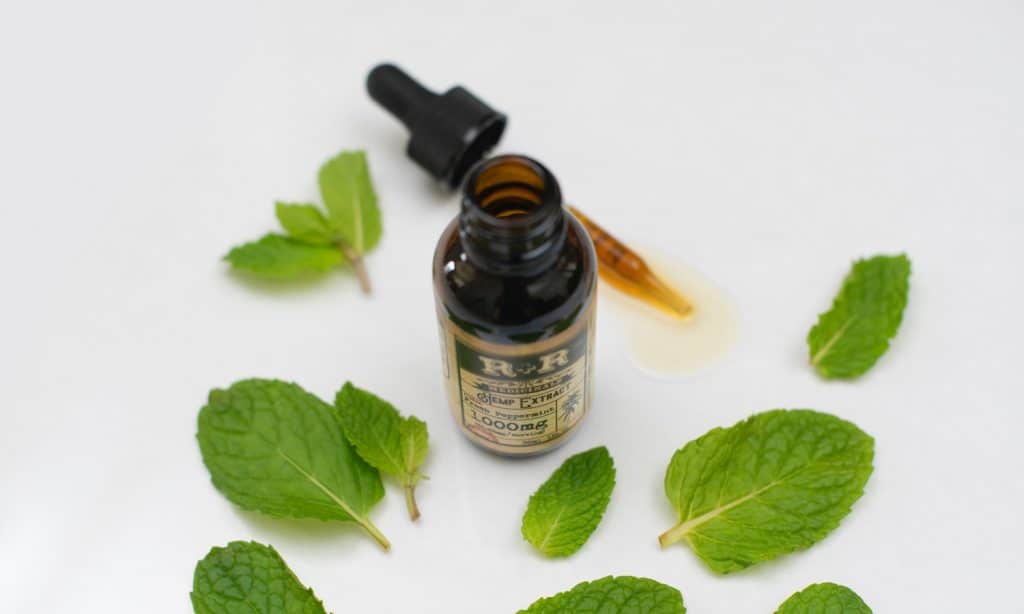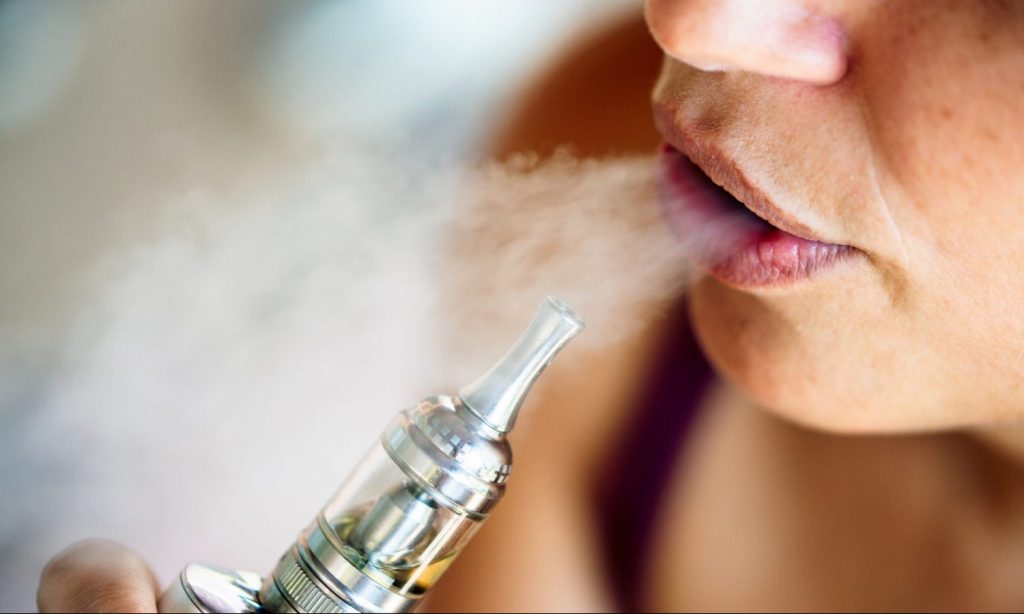
Can CBD Treat Anxiety And Depression?
By goldleaf
Cannabidiol (CBD) is one of at least 144 cannabinoids found in the cannabis plant. In contrast to delta-9-tetrahydrocannabinol (THC), another well-known cannabinoid, CBD has no intoxicating effects.
CBD derived from hemp has different effects than marijuana because, unlike THC, it is unable to produce a “high”. Legally speaking, Delta-9-THC cannot be contained in any chemical substance in amounts greater than 0.3% on a dry weight basis. Hemp contains less than this amount of THC, while marijuana has a higher concentration.
Photo by Nisangha / Getty Images
Effects of CBD on the brain
Before we understand the effects of CBD, we need to educate ourselves about an important system in our body known as the ECS, or the endocannabinoid system. It is a critical system that helps the body maintain homeostasis (i.e. balance).
CBD helps the ECS work more efficiently. In addition, some researchers have found that CBD is effective at reducing symptoms of anxiety and depression. CBD alleviates these symptoms by attaching to the CB1 receptor, one of the key receptors in the ECS.
Another anxiety and stress blocker that helps calm neurons down is known as gamma-aminobutyric acid, or GABA. Some researchers agree that CBD can help reduce neuronal excitability. If you have a prescription from your doctor, you can search for resources at CBD Edibles UK.
There is promising evidence that CBD is able to reduce symptoms of depression in animals. However, studies have not been as clear about its effects on humans, although CBD is growing in popularity as a treatment for depression and anxiety.
Effects of CBD on anxiety and depression
Some of us assume that anxiety and depression are essentially the same, but they are completely different disorders. Anxiety is characterized by chronic worry, nervousness, and anxiety, while depression is more about sadness, numbness, or loss of interest in normal activities or hobbies.
RELATED: The Potential of CBD and Cannabis in the Anxiety and Autism Community
Research shows that CBD can have a positive impact on insomnia, mood disorders, and pain. It can also be useful for acne and neurological conditions like epilepsy and multiple sclerosis. If you have any of these conditions and want to track your response to CBD, consider The CBD Jotter.

Some patients with depression may also develop social phobias as a result of having difficulty dealing with social events, such as public speaking or attending parties. CBD can be used to improve such panic disorders and phobias by reducing the function of the amygdala. However, it is important to note that research into the effects of cannabinoids is still ongoing and evolving.
Before consuming CBD, you should consult your doctor or family doctor. CBD can help with some psychological difficulties, but it is important to follow all directions from your doctor.
The most effective forms of CBD
Tinctures or oils

Not all CBD extracts are made the same way; One of the most commonly recommended forms of CBD is an oil or tincture. A tincture is an alcohol-based solution that is taken sublingually to ensure rapid absorption and proper distribution of the cannabinoids throughout the body.
In tinctures, the medicine passes through the intestines and can be destroyed by the gastrointestinal system before it can take effect. For this reason, medical experts often suggest consuming CBD as a food. However, the effectiveness of CBD edibles can vary from person to person due to their metabolism and other factors.
Vaping

Some health professionals recommend that patients in need of immediate relief vape CBD through a dry herbal vaporizer. This method vaporizes and inhales dry CBD flowers. However, vaping has recently been put to the test due to health issues that some users have suffered from.
Safe consumption dosages
One of the interesting facts about CBD is that there isn’t an exact amount that can be considered ideal. Since the effects of CBD vary from person to person, there is no way to say in advance which dosage is right for you. The same reaction was also observed in animals.
Most experts agree that consuming CBD regularly can work more efficiently than consuming it occasionally. Like most medications, CBD may take some time to produce the desired effects, but some patients experience relief after a single treatment.
RELATED: Could CBD Treat Anxiety Symptoms Better Than Traditional Marijuana?
Regardless of how immediate the response is, a patient should start taking CBD at a minimum dose, which can be increased if you or your doctor deem it potentially worthwhile. This ensures a higher likelihood of an effective treatment while causing the fewest number of side effects. It is highly recommended not to consume CBD without notice. Contact your doctor to develop the best treatment plan for you.
Possible reactions and side effects of CBD
As with many other drugs, side effects from CBD have also been noted in some cases. These can include:
- diarrhea
- Fatigue
- Bad appetite
Another potential problem is reactions with other drugs. Migraines, heartburn, and medication for high blood pressure can potentially cause such reactions. Consult your doctor about possible negative interactions with other medications you are taking.
Many medical schools have not yet started teaching their students about CBD and other cannabinoids. In addition, many doctors are still unaware of the effects and uses of medicinal cannabis. However, many integrative and holistic physicians involved in phytomedicine have a clear understanding of CBD and are happy to help you explore your options.
This article originally appeared on Benzinga and was published with permission.

Post a comment: